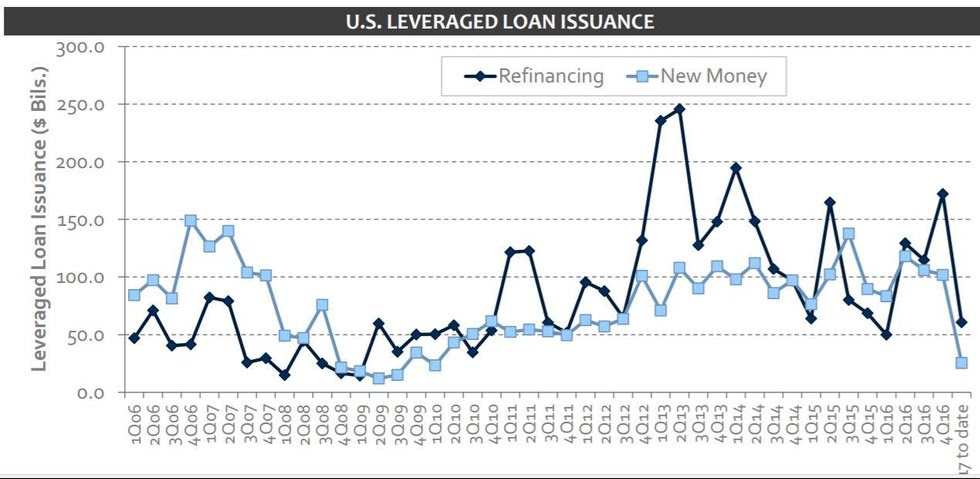Pensions & the PBGC
Long Financial Shenanigans
It's hard to categorize anything relating to pensions as "interesting stuff" but we like to go out on a limb. The Pension Benefit Guaranty Corporation - an independent agency of the US government created to safeguard defined benefit pension plans - issued its annual report this week and it contained some astounding numbers. Before we get there, for the uninitiated, the PBGC runs a federally-supported insurance program for those workers across the US who have deferred wages in favor of potentially lucrative retirement benefits. You see this a lot in manufacturing and energy companies and pensions can become a particularly hot topic for bankrupt companies who can, subject to various statutory requirements, use the tools of the bankruptcy code to shed pension obligations. Indeed, the PBGC is/was an active participant in the bankruptcies of Peabody Energy ($BTU) and, more recently,Appvion Inc., among several others. The numbers: the PBGC reported (i) an increased deficit in its insurance program for multi-employer plans ($65.1mm up from $58.8mm) and (ii) a decreased deficit in its single-employer insurance program (falling to $10.9mm from $20.6mm). What does this mean? For one, that the PBGC, itself, is basically insolvent. After providing $141mm in assistance to 72 insolvent multi-employer plans in fiscal '17 (up from $113mm to 65 plans), the PBGC notes that demand for its assistance is only set to increase. With $67.3b in liabilities and $2.2b of assets...well...you do the math. They say they'll run out of money by 2025. How they will make it that long is beyond us. But, wait: we said there was improvement in the (entirely separate) single-employer program, didn't we? Yes, we did. Choice quote, "The PBGC said the drivers of its continued improvement include premium and investment income, as well as increases in the interest factors used to measure the value of future liabilities." We're not pension experts by any stretch but we take that to mean that the PBGC generously toggled the interest factor used in its projections to pretty-up its numbers. And because those deficit numbers are also predicated upon increased investment income in a time of high-flying markets, there is cause for concern for that "improvement" once/if the markets turn (depending on the investment mix). Last point here: if anyone here thinks - as boring as talk of pensions may be - that any of this pension stuff DOESN'T impact local, state and federal elections, well, you may want to wake up.

